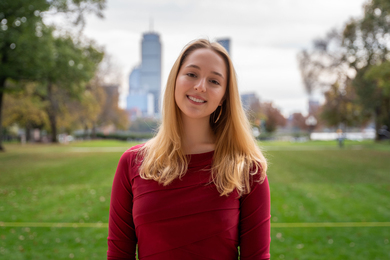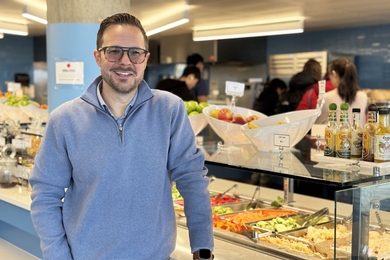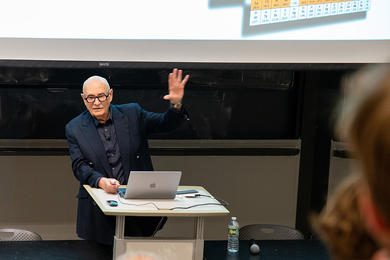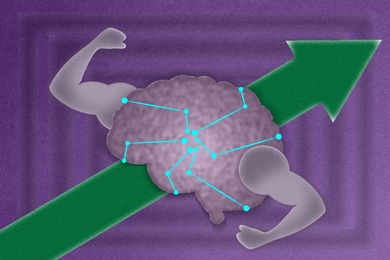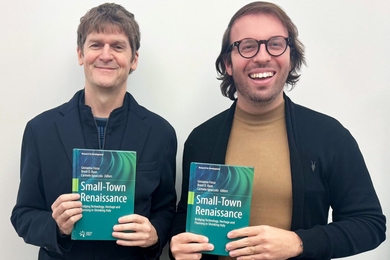How can technical analyses better inform policies? This question was the focus of a three-day forum hosted by the MIT Leading Technology and Policy (LTP) Initiative at Endicott House from Sept. 25-27. The forum brought together 45 academics and policy-makers from across the United States and Europe. The specific focus of the workshop was how research and analysis can better capture real-world systems that include social, natural, and technological dimensions in policy-relevant ways. Discussions focused on the domains of energy, environment, and sustainability.
“A major goal of my research is to inform policy decision-making, and this workshop was an opportunity to share experiences and lessons about how to do this more effectively” says Assistant Professor Noelle Selin, who, along with Professor Richard de Neufville (LTP program director) and Assistant Professor Jessika Trancik, directed this event.
“The goal of the workshop was to bring together a diverse community of scholars from science, engineering, policy and practice, to discuss how new analysis methods can better evaluate technical and natural systems in policy-relevant research,” says Trancik.
The sessions emphasized discussion among all participants, with specific topics introduced by speakers to guide group discussion. Workshop segments included sessions on theoretical frameworks and best practices for policy-relevant research on sustainability; the role of natural systems research in informing decision-making; and modeling and evaluating technologies to inform design and policy. Presenters prompted discussion on sustainability science and the need for better policy design and evaluation; rethinking energy, climate and economic analysis with a fresh approach; and opportunities at the intersection of education, communication and decision-support.
Doug Arent, executive director of the Joint Institute for Strategic Energy Analysis at the National Renewable Energy Laboratory (NREL) and acting director of the Strategic Energy Analysis Center, specializes in strategic planning and financial analysis; clean energy technologies; the interface of energy, water, food, climate and development; and international and governmental policies.
“This workshop is an important endeavor to start a dialogue with scientists and discuss how their work can be used to inform policy and to engage in multidisciplinary conversations that account for the complexities of policy decision-making,” Arent says.
Susan Solomon, Ellen Swallow Richards Professor of Atmospheric Chemistry and Climate Science, presented on communicating the role of natural variability in the future North American climate.
“Detecting climate change locally can be a very difficult proposition, but there are some places in the world where it is becoming evident. We are now seeing trends in parts the deep tropics that indicate that a shift is already in place,” Solomon says. Her research served as an example of how scientific analysis can be designed to help decision-makers identify and monitor complex issues like climate change.
Attendees heard from specialists in the areas of watershed science, carbon management, climate variability, and globalization of clean energy technologies, among others.
“This workshop and other joint activities will hopefully help to catalyze a community of researchers and practitioners interested in the issues at the nexus of technology and policy,” de Neufville says. “This effort aims to build a community that helps to translate science and technology to policy.”
“A major goal of my research is to inform policy decision-making, and this workshop was an opportunity to share experiences and lessons about how to do this more effectively” says Assistant Professor Noelle Selin, who, along with Professor Richard de Neufville (LTP program director) and Assistant Professor Jessika Trancik, directed this event.
“The goal of the workshop was to bring together a diverse community of scholars from science, engineering, policy and practice, to discuss how new analysis methods can better evaluate technical and natural systems in policy-relevant research,” says Trancik.
The sessions emphasized discussion among all participants, with specific topics introduced by speakers to guide group discussion. Workshop segments included sessions on theoretical frameworks and best practices for policy-relevant research on sustainability; the role of natural systems research in informing decision-making; and modeling and evaluating technologies to inform design and policy. Presenters prompted discussion on sustainability science and the need for better policy design and evaluation; rethinking energy, climate and economic analysis with a fresh approach; and opportunities at the intersection of education, communication and decision-support.
Doug Arent, executive director of the Joint Institute for Strategic Energy Analysis at the National Renewable Energy Laboratory (NREL) and acting director of the Strategic Energy Analysis Center, specializes in strategic planning and financial analysis; clean energy technologies; the interface of energy, water, food, climate and development; and international and governmental policies.
“This workshop is an important endeavor to start a dialogue with scientists and discuss how their work can be used to inform policy and to engage in multidisciplinary conversations that account for the complexities of policy decision-making,” Arent says.
Susan Solomon, Ellen Swallow Richards Professor of Atmospheric Chemistry and Climate Science, presented on communicating the role of natural variability in the future North American climate.
“Detecting climate change locally can be a very difficult proposition, but there are some places in the world where it is becoming evident. We are now seeing trends in parts the deep tropics that indicate that a shift is already in place,” Solomon says. Her research served as an example of how scientific analysis can be designed to help decision-makers identify and monitor complex issues like climate change.
Attendees heard from specialists in the areas of watershed science, carbon management, climate variability, and globalization of clean energy technologies, among others.
“This workshop and other joint activities will hopefully help to catalyze a community of researchers and practitioners interested in the issues at the nexus of technology and policy,” de Neufville says. “This effort aims to build a community that helps to translate science and technology to policy.”
